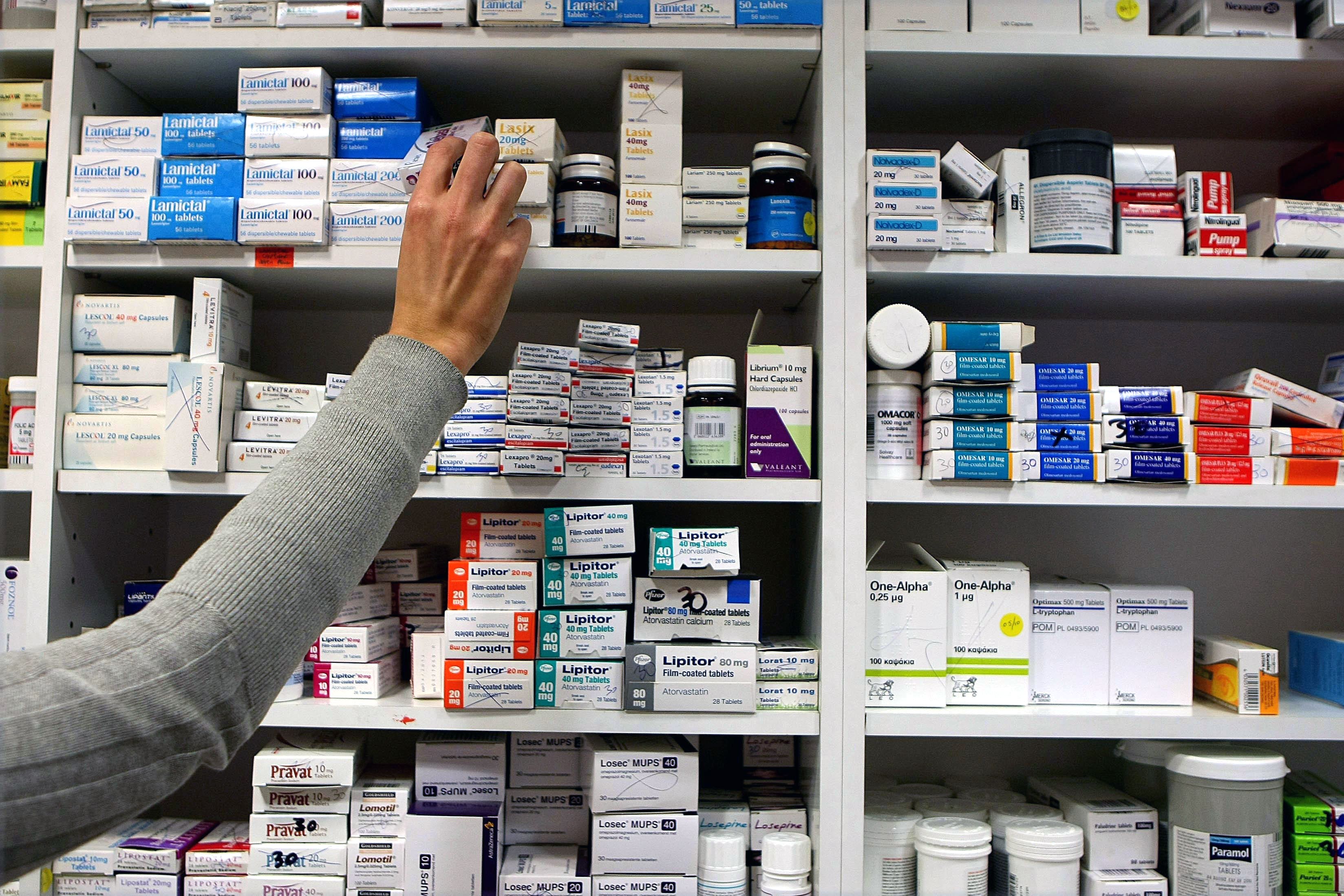Illegal medicines worth more than £30m seized in 2023, says MHRA
The regulator worked with law enforcement agencies to confiscate more than 15.5 million doses of illegally traded medicines.

Your support helps us to tell the story
From reproductive rights to climate change to Big Tech, The Independent is on the ground when the story is developing. Whether it's investigating the financials of Elon Musk's pro-Trump PAC or producing our latest documentary, 'The A Word', which shines a light on the American women fighting for reproductive rights, we know how important it is to parse out the facts from the messaging.
At such a critical moment in US history, we need reporters on the ground. Your donation allows us to keep sending journalists to speak to both sides of the story.
The Independent is trusted by Americans across the entire political spectrum. And unlike many other quality news outlets, we choose not to lock Americans out of our reporting and analysis with paywalls. We believe quality journalism should be available to everyone, paid for by those who can afford it.
Your support makes all the difference.More than £30 million worth of illegal medicines were seized in the UK in 2023, the Medicines and Healthcare products Regulatory Agency (MHRA) has said.
The regulator worked with law enforcement agencies to confiscate more than 15.5 million doses of illegally traded medicines.
This included more than two million doses found during Operation Pangea – an international initiative co-ordinated by Interpol, last year involving more than 80 countries, cracking down on medicines crime.
In 2023, six MHRA investigations resulted in “significant” jail sentences for “many” of those convicted, the agency said.
Prescription-only anti-anxiety medicines, opioids and sleeping pills were among the drugs found over the course of last year, as well as falsified and unlicensed lifestyle products like erectile dysfunction and hair loss medications.
Also seized were a small number of aesthetic products such as Botox and “weight loss” products containing semaglutide – a drug approved for NHS use by the National Institute for Health and Care Excellence in March last year to help tackle obesity.
The MHRA also disrupted more than 12,000 websites illegally selling medical products and shut down almost 3,000 social media profiles during the year.
Andy Morling, MHRA deputy director of criminal enforcement, said: “Public safety is our number one priority. Our criminal enforcement unit works hard to prevent, detect and investigate illegal activity involving medicines and medical devices, to protect people and defeat this harmful trade.
“This year, working with partners across public and private sectors, our efforts have led to more medicines seizures than ever, custodial sentences for offenders, the removal of criminal profits, and considerable success in disrupting the trade online.
“We would urge everyone to think very carefully before buying medicines they see online and to take the necessary steps to assure themselves the seller is legitimate.
Buying powerful medicines from illegitimate sellers poses a real and immediate danger to your health, as you have no idea what they might actually contain
“Buying powerful medicines from illegitimate sellers poses a real and immediate danger to your health, as you have no idea what they might actually contain.”
Unlicensed medicine will not have been assessed by the MHRA for its safety, effectiveness or the quality of its manufacturing and distribution.
The agency warned that anyone buying such a product cannot be sure what it contains or whether it will cause them harm.
The seizure figures include all those made by the MHRA between January 1 and December 31 last year, as well as seizures made with law-enforcement partners between January 1 and September 30.
Data from partner agencies for seizures made between October 1 and the end of December has not yet been submitted to the MHRA, the agency clarified.
Anyone who suspects their product is fake is encouraged to report it to the MHRA’s Yellow Card scheme: https://yellowcard.mhra.gov.uk/.